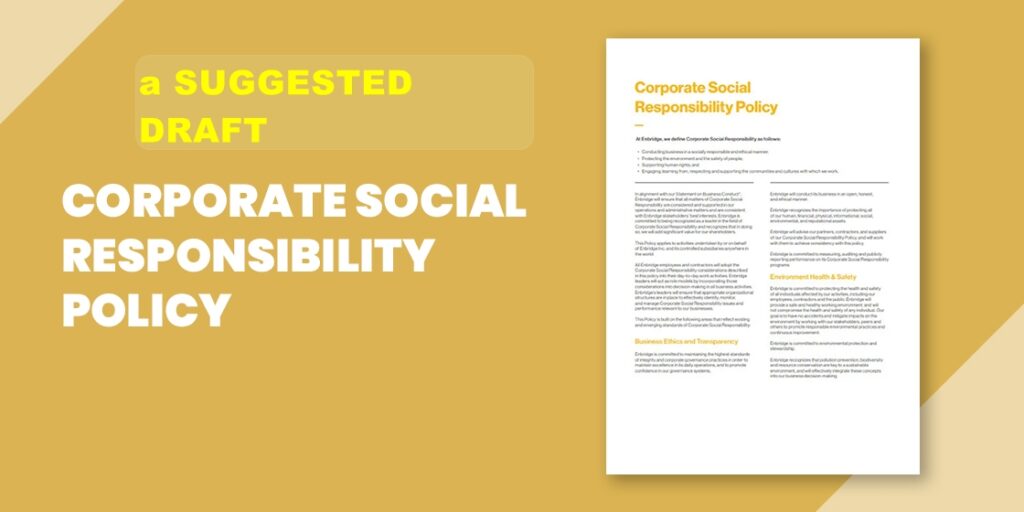Corporate Social Responsibility (CSR) Policy Framework
Guided by the Directive of PM Narendra Modi on Education, Values, and Skill Development
Ref: PM Modi Policy directive (GoI)
1. Introduction
This CSR policy framework is designed to align corporate social responsibility (CSR) initiatives with the vision outlined by Prime Minister Narendra Modi, emphasizing the integration of education, values, and skill development to create a self-reliant society. The objective is to ensure that CSR funding contributes to nation-building by fostering a workforce that is skilled, morally grounded, and productive.
2. Core CSR Focus Areas
A. Value-Based Education
- Support schools and institutions in incorporating ethics, civic responsibility, and cultural heritage into the curriculum.
- Partner with educational bodies to integrate moral science, environmental consciousness, and social harmony into learning modules.
- Establish mentorship programs that encourage leadership, integrity, and ethical decision-making.
B. Skill Development & Employability
- Invest in vocational training centers, particularly for underprivileged youth and women, ensuring industry-relevant skills.
- Support initiatives under the Skill India Mission, including apprenticeships, technical training, and entrepreneurship development.
- Provide funding for digital literacy programs, coding bootcamps, and STEM education to equip students for the future workforce.
C. Sustainable Livelihood & Self-Reliance
- Promote micro-entrepreneurship and startup incubation programs for artisans, farmers, and small-scale industries.
- Encourage financial literacy programs that teach budgeting, saving, and investment principles.
- Develop projects that support agriculture, sustainable farming practices, and rural employment.
D. Women & Community Empowerment
- Establish self-help groups (SHGs) and vocational programs tailored for women and marginalized communities.
- Offer scholarships and funding for female entrepreneurs and professionals in STEM fields.
- Support projects focused on maternal and child health, nutrition, and early childhood education.
3. Implementation Strategies
A. Collaborative Partnerships
- Work closely with government agencies, educational institutions, NGOs, and skill development organizations.
- Leverage Public-Private Partnerships (PPPs) to ensure sustainability and scalability of CSR projects.
- Support government initiatives such as NEP 2020, Atmanirbhar Bharat, Digital India, and Make in India.
B. Impact Measurement & Accountability
- Establish clear KPIs and monitoring mechanisms to track the success of CSR initiatives.
- Conduct annual impact assessments to ensure CSR funds create long-term, measurable change.
- Encourage transparency through public reporting and stakeholder engagement.
4. Conclusion
This CSR framework ensures that corporate funding is strategically aligned with national priorities, fostering a workforce that is educated, skilled, and value-driven. By investing in holistic education, vocational training, and sustainable development, corporations can contribute to a more self-reliant and empowered society, preventing dependency on welfare and enhancing economic growth.



